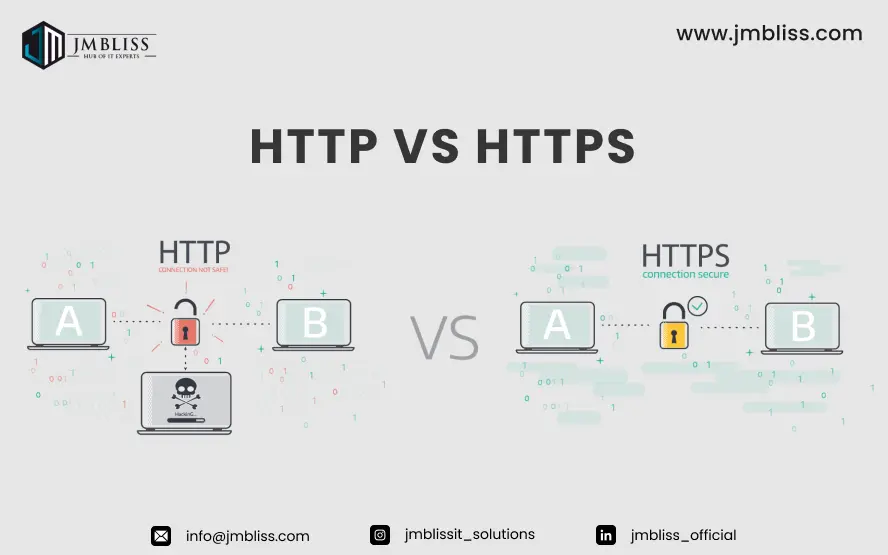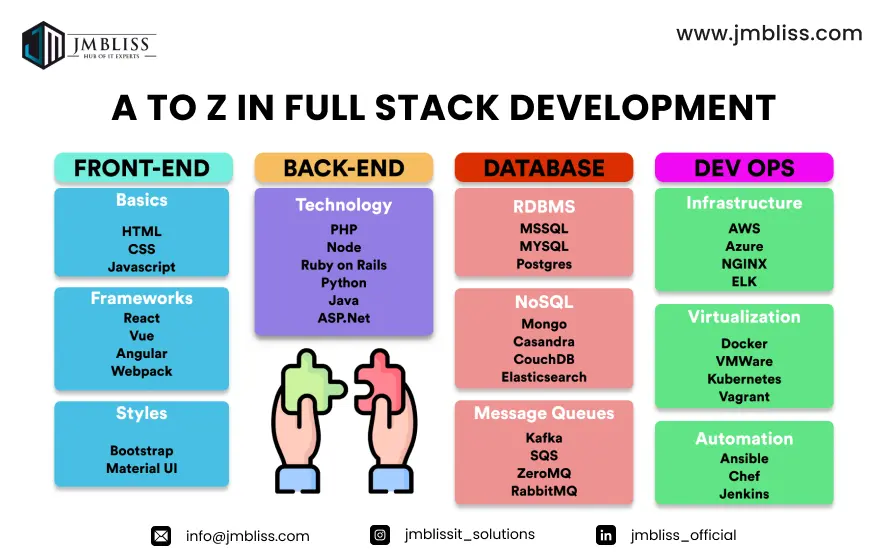
What’s the difference between HTTP and HTTPS?
Hypertext transfer protocol (HTTP) is a protocol or set of communication rules for client-server communication. When you visit a website, your browser sends a HTTP request to the web server, which responds with an HTTP response. The web server and your browser exchange data as plaintext. In short, HTTP protocol is the underlying technology that powers network communication. As the name suggests, hypertext transfer protocol secure (HTTPS) is a more secure version or an extension of HTTP. In HTTPS, the browser and server establish a secure, encrypted connection before transferring data.
How does HTTP protocol work?
HTTP is an application layer protocol in the Open Systems Interconnection (OSI) network communication model. It defines several types of requests and responses. For example, when you want to view some data from a website, you send the HTTP GET request. If you want to send some information, like filling out a contact form, you send the HTTP PUT request.
Similarly, the server sends different types of HTTP responses in the form of number codes and data. Here are some examples:
200 – OK
400 – Bad request
404 – Resource not found
Why choose HTTPS over HTTP?
Next, we’ll discuss some benefits of HTTPS over HTTP.
Security
HTTP messages are plaintext, which means unauthorized parties can easily access and read them over the internet. In contrast, HTTPS transmits all data in encrypted form. When users submit sensitive data, they can be confident that no third parties can intercept the data over the network. It’s better to choose HTTPS to protect potentially sensitive information like credit card details or customers’ personal information.
Authority
Search engines generally rank HTTP website content lower than HTTPS webpages due to HTTP being less trustworthy. Customers also prefer HTTPS websites over HTTP. The browser makes the HTTPS connection visible to your users by placing a padlock icon in the browser’s address bar next to the website URL. Users prefer HTTPS websites and applications due to these additional security and trust factors.
Performance and analytics
HTTPS web applications load faster than HTTP applications. Similarly, HTTPS also tracks referral links better. Referral traffic is your website’s traffic from third-party sources like advertisements or social media backlinks. You must enable HTTPS if you want analytics software to identify your reliable traffic sources accurately.
Conclusions :
When making a choice between HTTP vs HTTPS, we recommend switching to HTTPS to increase the site’s security and credibility.
While HTTP is a protocol that enables data transmission via the world wide web, HTTPS is essentially a more secure version. The most important difference between the two is that HTTPS uses SSL/TLS to encrypt connections between web browsers and servers.
Using HTTPS on your site can also lead to other advantages, such as SEO benefits and better site performance.
 Get A Quote
Get A Quote




